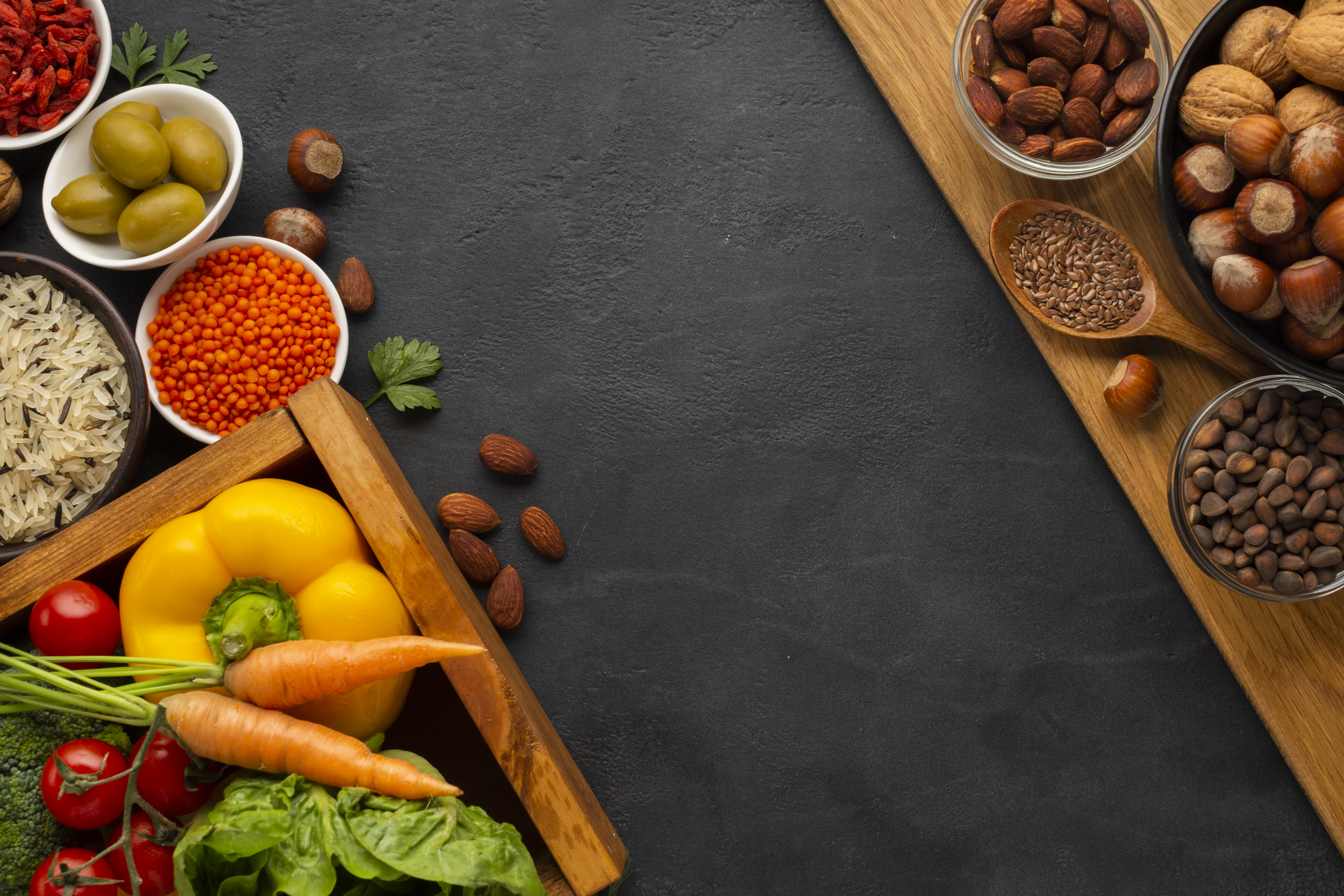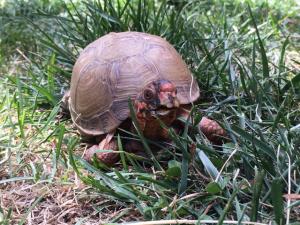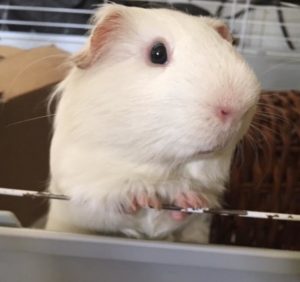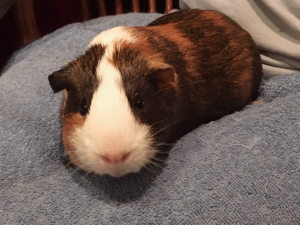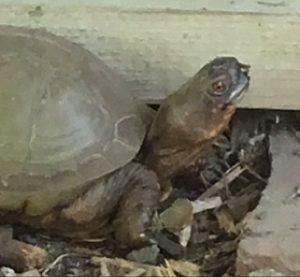Restaurant and Bakery Sustainability
Sustainability is very trendy today. This is why you see such a rise in vegan options, farm-to-table, zero-waste, reusables, supporting local, etc. More than ever, I’m seeing people encourage repeating outfits, promote plant-based diets, and demand people bring their own reusable coffee mug. People want the change, so make it easy for the customer by becoming a sustainable restaurant or bakery that environmentalists want to enjoy and talk about.
- Base your menu around the season and what’s available locally.
- Grow as much as you can. If trying to grow and provide all the vegetables you could ever need is intimidating, start small. Grow just herbs or grow just your salad greens. Start somewhere. Every bit helps eliminate plastic use and your carbon footprint.
- Use the whole vegetable. Rather than cut out only the pretty part of the vegetable, use it all from seed to stalk. Get creative and show off your culinary skills. Make it a selling point of your restaurant that you’re the restaurant that doesn’t waste food. If it’s not pretty enough to put on a plate (vegetable ends or cores), save these scraps to make fresh daily vegetable stock for a beautiful soup or stew.
- Order the ugly produce. Usually the ugly produce is budget friendly and you’re also helping another industry not waste. Check out: https://www.imperfectfoods.com/ to see if they serve your area.
- Partner with companies or farms for sustainably sourced ingredients. This way, the carbon footprint is much smaller. Plus, the food is fresher and more delicious and it’ll show in your final product.
- Take a look at what your guests are not eating. This will give you a good idea of what you might want to change on the menu to avoid food waste.
- Compost.
- Recycle fryer grease.
- Get a water system to filter tap water and provide water in reusable glass bottles for the table.
- Invest in energy efficient appliances. This will help you cut down on power and water consumption.
- Source your flour from a local mill.
- Make your own plant-milk for recipes or beverages.
- Purchase bulk items. Buy items in your own reusable bags, paper packaging, or recyclable items such as glass rather than items wrapped, packaged, and delivered in plastic and styrofoam.
- Make some of your own foods rather than buying pre-packaged. Make your own chips, ketchup, or chocolate sauce. Make your own fortune cookies or find a baker who will make them for you. Again, these touches makes your restaurant special.
- Reduce packaging waste. Talk with your packaging suppliers to find a better solution.
- Minimize or eliminate plastic wrap use. Rather than cover all baked goods with plastic wrap while it rises or rests, use clean kitchen towels, reusable containers, and/or lids/covers. There’s far too much plastic waste in creating baked treats let alone storing so get creative and pretend the plastic doesn’t exist.
- Switch to eco-friendly disposables. Provide paper or metal straws for drinks. (Or make people drink from the glass like they probably do at home.) Use real plates and silverware. Encourage customers to bring their own cups for coffee or just sit down to a real cup. Use compostable boxes for take-out rather than plastic or styrofoam. Check out www.ecoproducts.com for some great options.
- Donate or repurpose unsold products. We used to store unsold goods in reusable bins in the freezer and when we had enough, we would create a bar from leftover cookies, muffins, and scones so nothing would go to waste. We would turn our baguettes into thin chips served on a hummus platter. Again, get creative! Otherwise, donate the extra food.
- Create your own veggie burger instead of prepackaged vegan burgers. This is an opportunity to create something different each time, use the ingredients you have on hand, and not contribute to more plastic waste by selling the exact same burger than every other restaurant in now selling. (I’m looking at you, Beyond Burger.)


